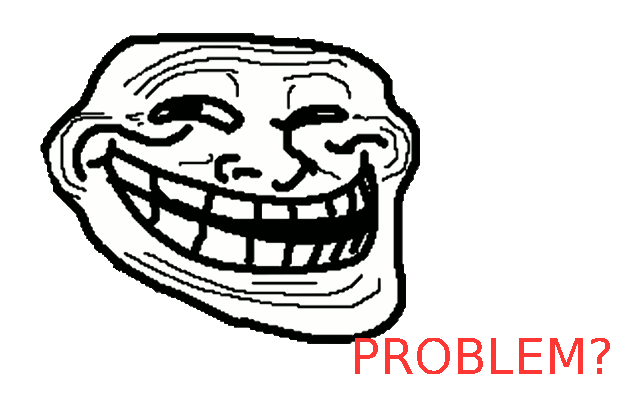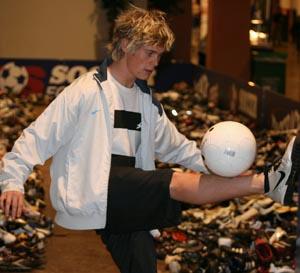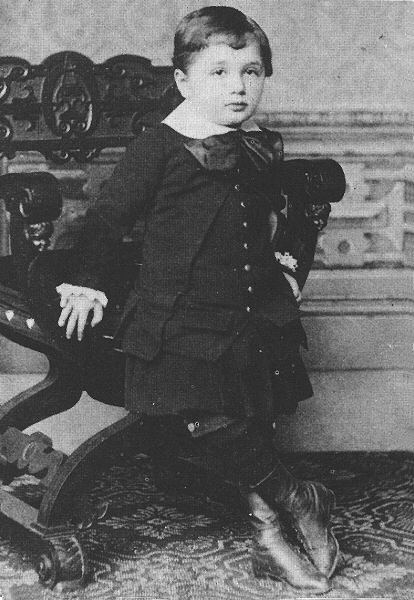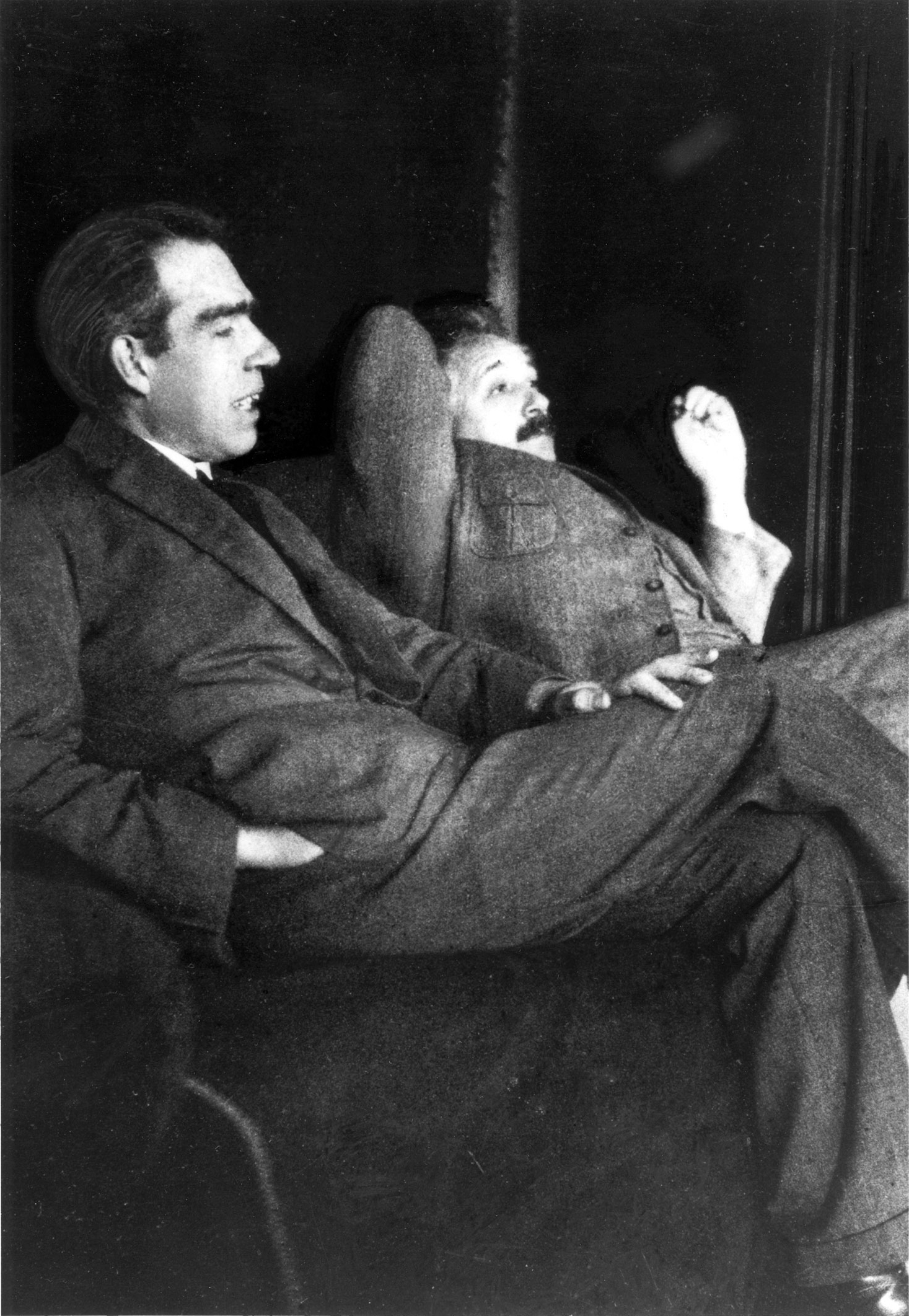"You're an anomaly. You're interested in politics, you're going into engineering, and you're a girl."
Yes. Yes I am. Thank you, thank you.
My roommate heard of this exchange and she agreed with the boy, because on top of being politically interested and adept at maths and science, I also like fine literature and working out.
Hopefully none of this is coming as a surprise to you, o blog readership. I feel like I have mentioned many of these aspects of my life here on the blag-o-blag.
What makes me wonder, though, is this:
If there was a guy who was politically interested and an engineer...would he be an anomaly?
I mean, there were about as few women at the political event as there are in my engineering classes...in fact, after the event a few of us hung around to keep talking to the speaker, and of those twenty of so, I was the only one sans Y chromosome.
So am I an anomaly in the sense that I do a lot of different things, or am I an anomaly in the sense that I do things and I am a girl?
I prefer to think that perhaps anyone who is interested in engineering and politics and literature and soccer could be considered an anomaly, regardless of their gender or race.
Of course, I would prefer to think that anyone who is interested in a vast array of differing subjects is not an anomaly. Why do people assume that if you are good at one thing, you must be inept at others? People see math and English as an either/or skill set; you can't possibly succeed at both.
Society...
It's not that I don't like being so different. I love being an anomaly, really. The problem here is not that I am an anomaly, but that society can be so narrow-minded sometimes.
Please don't be so surprised that an engineering major reads books. Don't think it weird that a girl takes apart motors to see how they work. Don't think that somebody who likes playing soccer in the mud and isn't afraid to get messy cannot also read fine poetry and sing classical music.
And even moreso, please don't limit yourself to your own paradigms and fallacies.









